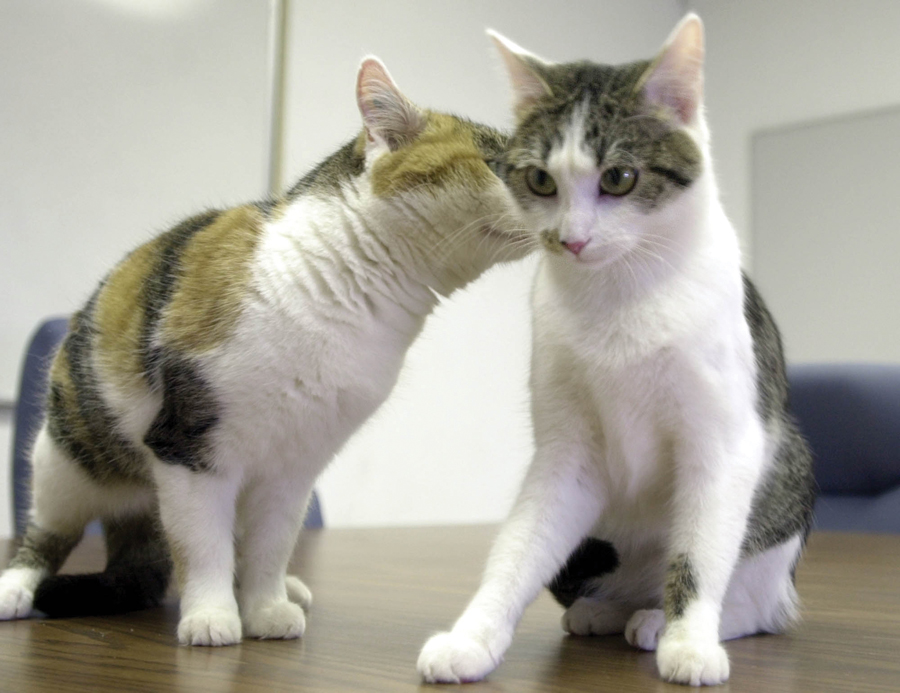Bioethics is the field of study concerned with moral issues of biological research and medical practice. It focuses on how scientific capabilities should be used and whether they are morally acceptable. Scientists, physicians, nurses, lawyers, philosophers, theologians, medical patients and their families, and government officials are all faced with bioethical problems. For information on bioethical issues involving medical practice, see Medical ethics. This article concentrates on bioethical challenges involving certain cutting-edge areas of scientific research.

Several of these challenges concern cloning, cell research, and human genetics. Cloning is the creation of a group of organisms or other living matter that all have exactly the same genetic makeup. Studies of cloning can help scientists better understand the structure and function of cells and genes. Cloning may also help uncover the genetic causes and treatments of many diseases. Although cloning may provide numerous benefits for humans, many people regard cloning—especially of human beings—as unethical. Opponents of human cloning argue that it is medically risky and may be abused for money-making purposes. They also argue that it may have harmful psychological and social effects for cloned individuals.
People also debate whether it is right for scientists to conduct research using cells taken from human embryos. These cells are called embryonic stem cells. They have the ability to develop into any of the different cell types that make up the tissues and organs of the body. The embryos are destroyed in the process of isolating the cells. Many people consider embryonic stem cell research wrong because they believe embryos have moral status that should be protected. Others argue that the research is justified because of the potential medical benefits of embryonic stem cells.
Several other bioethical debates surround human genetics. In the 1990’s and early 2000’s, an international scientific program called the Human Genome Project helped analyze the chemical instructions that control human heredity. Many people fear that such personal genetic information could be misused. Others fear that advances in genetic science could change the basic nature of human beings by allowing people to alter their genetic makeup or the genetic makeup of their children.
